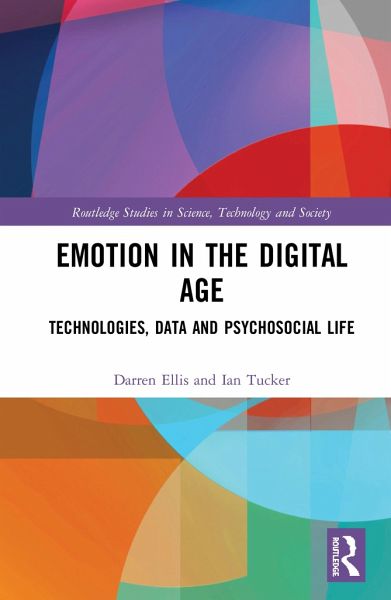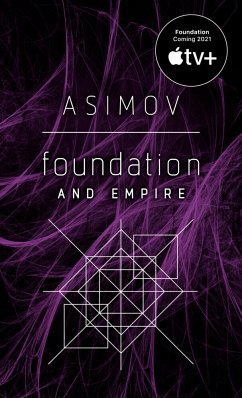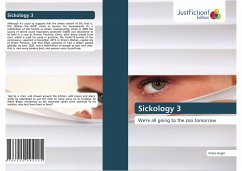
Emotion in the Digital Age
Technologies, Data and Psychosocial Life
Versandkostenfrei!
Versandfertig in 1-2 Wochen
170,99 €
inkl. MwSt.
Weitere Ausgaben:

PAYBACK Punkte
85 °P sammeln!
This book explores the ways in which emotion is understood, researched and experienced through digital technologies. With attention to questions what impact digitized emotion has on our subjectivity and everyday life, it will appeal to scholars of emotion studies, psychology, science and technology studies, sociology, and related fields.














